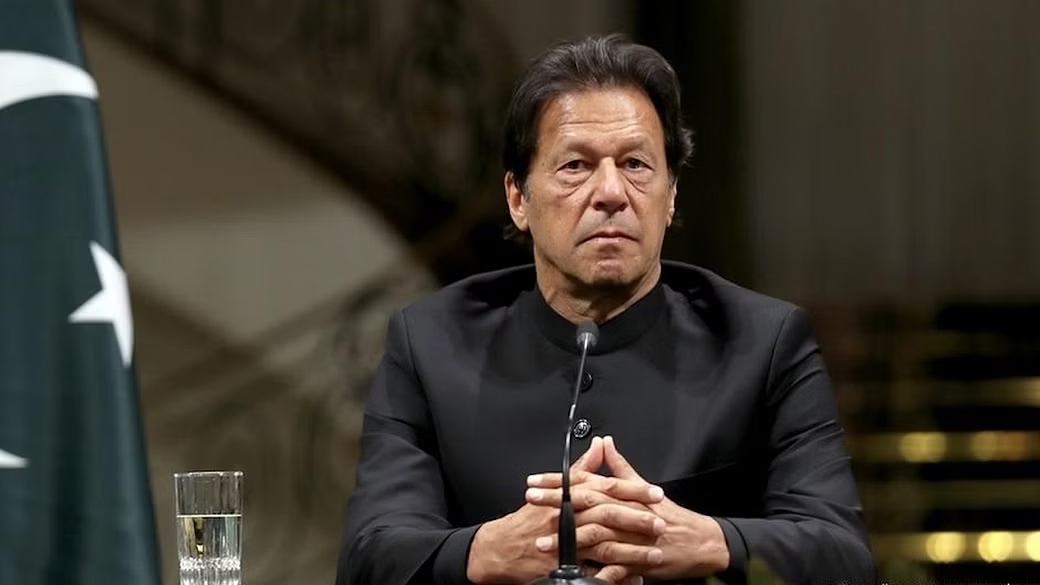ISLAMABAD, May 17: A top Pakistani court here on Wednesday extended until May 31 its order to prevent the arrest of former prime minister Imran Khan in any case filed against him after May 9.
The Islamabad High Court (IHC) ruling came after the government’s lawyer requested more time to provide information about the cases filed against the 70-year-old Tehreek-e-Insaf (PTI) party chief.
Khan was not present in the court. The court was hearing PTI’s plea seeking details of all the cases filed against Khan. Khan’s party said the PTI chief was booked in over 100 cases across the country.
The court granted the government lawyer’s request and adjourned the hearing until May 31, the Dawn newspaper reported.
In a major relief to Khan, the IHC on Friday granted him protective bail for two weeks in the Al-Qadir Trust corruption case and barred the authorities from arresting the former Pakistan prime minister in any case registered anywhere in the country until May 15.
The court verdict had come a day after the Supreme Court termed Khan’s dramatic arrest from the IHC premises on May 9 invalid and unlawful.
A triumphant Khan returned to his Lahore home on Saturday after having locked himself in the IHC premises for hours for fear of re-arrest despite being granted bail on Friday.
The IHC on Wednesday also ordered the release of PTI leaders Maleeka Bokhari and Ali Muhammad Khan, declaring their arrest unlawful.
The PTI leaders were arrested under the Maintenance of Public Order Ordinance, 1960 following the violent protests in the country after Khan’s arrest.
The arrest of Khan on May 9 by the paramilitary Pakistan Rangers at the IHC premises triggered unrest in Pakistan. For the first time in Pakistan’s history, the protesters stormed the army headquarters (GHQ) in Rawalpindi and also torched a corps commander’s house in Lahore.
Police put the death toll in violent clashes to 10 while Khan’s party claims 40 of its workers lost their lives in the firing by security personnel.
On Monday the top military brass vowed to bring the arsonists, who attacked the civil and military installations, to justice through trial under relevant laws of the country, including the Pakistan Army Act and Official Secrets Act.
Khan was ousted from power in April last year after losing a no-confidence vote in his leadership, which he alleged was part of a US-led conspiracy targeting him because of his independent foreign policy decisions on Russia, China and Afghanistan. (Agencies)


